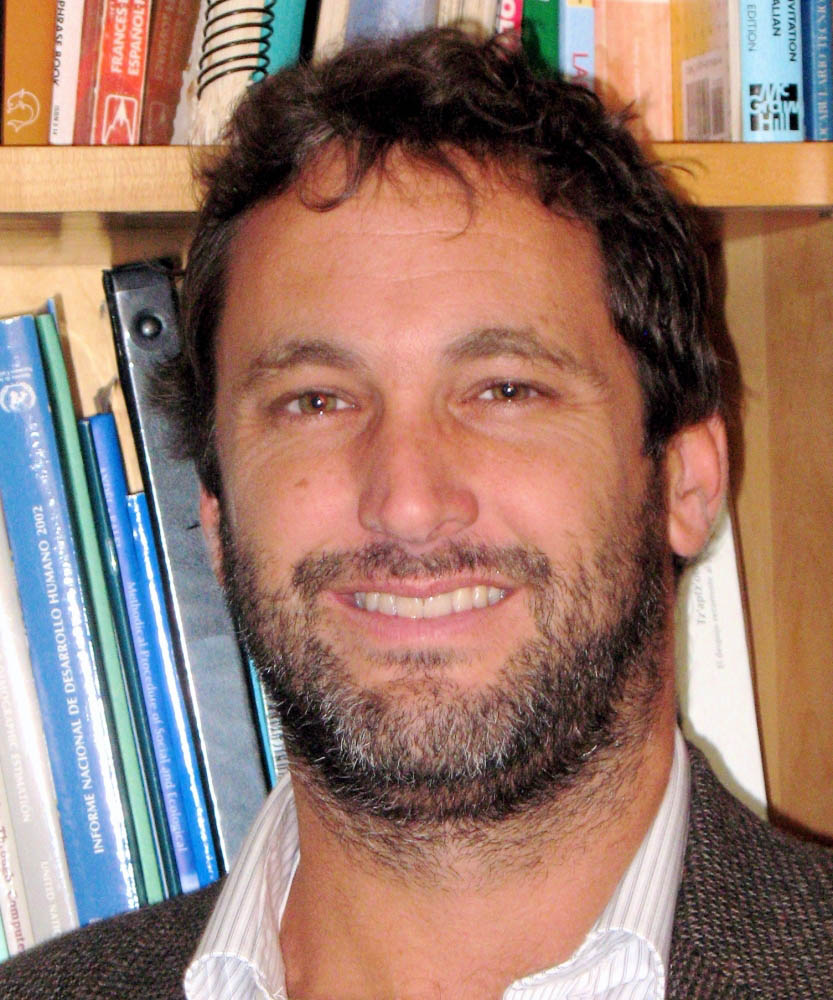“Deforestation and forest degradation, through agricultural expansion, conversion to pastureland, infrastructure development, destructive logging, fires etc., account for nearly 20% of global greenhouse gas emissions, more than the entire global transportation sector and second only to the energy sector. It is now clear that in order to constrain the impacts of climate change within limits that society will reasonably be able to tolerate, the global average temperatures must be stabilized within two degrees Celsius. This will be practically impossible to achieve without reducing emissions from the forest sector, in addition to other mitigation actions” (source).
“Reducing Emissions from Deforestation and Forest Degradation (REDD) is an effort to create a financial value for the carbon stored in forests, offering incentives for developing countries to reduce emissions from forested lands and invest in low-carbon paths to sustainable development. “REDD+” goes beyond deforestation and forest degradation, and includes the role of conservation, sustainable management of forests and enhancement of forest carbon stocks” (Ibid.). The financial aspect of REDD+ is considerable: “In the context of meaningful mitigation actions and transparency on implementation, developed countries commit to a goal of mobilizing jointly USD 100 billion dollars a year by 2020 to address the needs of developing countries” (The Copenhagen Accord of December 2009).
UCSB Geography Professor David Lopez-Carr has been awarded $19,262.00 by the National Geographic Committee for Research and Exploration to explore the efficacy of the REDD+ program; another $17,476.00 in outside funding has also been acquired. His graduate student Corbin Hodges will organize and lead the survey team involved in the study. Titled, “Does REDD+ increase carbon emissions by enabling migration? Reducing Emissions from Deforestation and Forest Degradation (REDD+) and out-migration from the Maya Biosphere Reserve (MBR), Guatemala,” the proposal’s abstract states:
“Reducing Emissions from Deforestation and Forest Degradation and Enhancing Forest Carbon Stocks (REDD+) targets resource users in developing countries but what happens when the resource users move away? The multi-billion dollar, international conservation effort REDD+ is a payment for environmental services (PES) initiative to minimize carbon emissions from forest change. While much attention has been given to the potential biophysical and socioeconomic impacts of REDD+, little has focused on the putative impact of REDD+ on out-migration. Understanding this interplay is necessary as out-migration may be a major cause of displacement and leakage, which could drastically undermine REDD+ efficacy globally. The objective of our proposed work is to determine who migrates, to where they migrate, and why, with special attention to determining if REDD+ participation influences migration decisions. Semi-structured interviews of key informants will guide the creation of detailed surveys administered to a statistically representative sample of 600 households in eight communities in the Maya Biosphere Reserve, Guatemala. With the 2015 surveys, the project will become the first land change household survey in Central America (and second globally) to achieve panel data from three separate years (previous data was collected by the PI in 2009 and 1998). We will integrate multinomial regression with qualitative interview analysis to evaluate the role of migration as a mechanism by which REDD+ may impact the coupled socio-environmental system of an ecologically rich and fragile forest frontier, thus promising great potential to influence REDD+ and other PES programs at local and global scales.
As one reviewer of the grant proposal put it, “The proposed investigation asks the provocative question, does the international Reducing Emissions from Deforestation and Forest Degradation and Enhancing Forest Carbon Stocks (REDD+) program actually perversely INCREASE carbon emissions by leading to out-migration to a less developed frontier region, or by leading to rural-to-urban migration and increased consumption? This project capitalizes on previous land change household surveys done by the PI. By repeating these surveys a third time (1998, 2009 and this project), a very unique dataset will be achieved.”
 REDD+ is an acronym for Reducing Emissions from Deforestation and Forest Degradation. The astounding fact is that deforestation, at roughly 15% of global annual greenhouse gas emissions, is pumping more CO2 into our atmosphere than the entire global transportation sector. Addressing the perverse economic incentives driving deforestation is widely recognized as a critical element to advancing comprehensive climate strategies. That is why the United Nations created the REDD+ mechanism to quantify and value the carbon storage services that forests provide. By making forests more valuable standing than felled, REDD+ provides forest communities and developing countries with a NEW, sustainable, low-carbon pathway to economic growth. Source: www.coderedd.org/about-redd/
REDD+ is an acronym for Reducing Emissions from Deforestation and Forest Degradation. The astounding fact is that deforestation, at roughly 15% of global annual greenhouse gas emissions, is pumping more CO2 into our atmosphere than the entire global transportation sector. Addressing the perverse economic incentives driving deforestation is widely recognized as a critical element to advancing comprehensive climate strategies. That is why the United Nations created the REDD+ mechanism to quantify and value the carbon storage services that forests provide. By making forests more valuable standing than felled, REDD+ provides forest communities and developing countries with a NEW, sustainable, low-carbon pathway to economic growth. Source: www.coderedd.org/about-redd/



